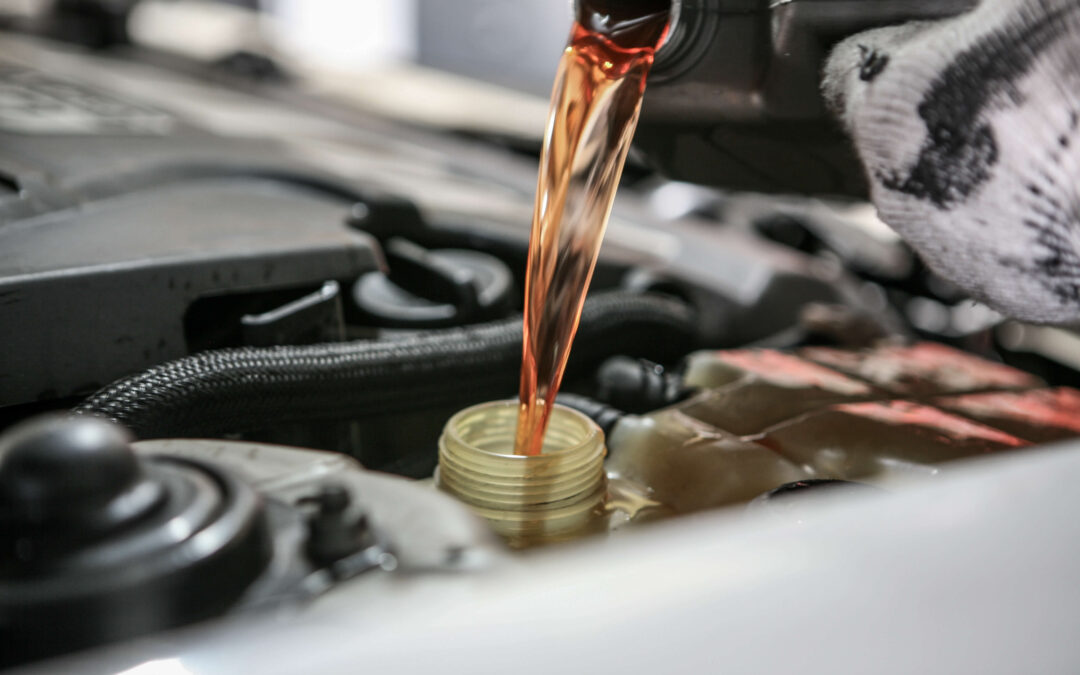
Essential Information About Oil Changes
If you own a vehicle you are no doubt aware of the importance of oil changes and other types of regular maintenance that is necessary to keep your car operating effectively.
After all, without oil your car will not run. As time passes, the longer you leave the oil unchanged, the dirtier it gets. The grimier your oil gets, the less effective it becomes. If left long enough it can do serious damage to your engine. In many instances that get that far, the engine damage is irreparable. Purchasing a new engine is not a cheap venture, so keeping with consistent oil changes is key to avoiding huge repair bills.
An oil change is likely the most widely recognized and accepted aspect of regular maintenance that car owners are aware of and practice regularly.
But, there are many little-known facts about oil changes that the average car owner may not know about.
Additional Oil Facts
Most drivers are aware of the basic function of oil in a car engine. The oil is there to lubricate the metal components of the engine, to prevent them from grinding and causing excessive friction. Old, contaminated oil does not offer sufficient lubrication, which can result in over heating and engine deterioration.
Some other useful information about oil changes might involve:
- Oil filters
- Disposing of old oil
- Extras
- Owner’s manual
- Oil level checks
- Time required
Oil Filters
When you have your oil changed by a professional automotive technician, you should also have the oil filter changed as well. This may or may not be included in a basic oil change.
Inquire with your automotive service representative for more details.
Also, the drainplug on the oil pan will likely need to be changed from time to time as eventually the threads on the plug will wear down or become stripped over time.
Disposing of Used Oil
If you always have your oil changed at an auto centre, then you may not be aware of what happens to your used oil.
You obviously can’t just pour it on the ground or down a drain because it will mix in with the local water supply. Your old, used oil needs to be disposed of in a socially and environmentally responsible manner.
That is one definite perk of having your oil changed by a professional, rather than doing it on your own.
Extras
Another advantage of enlisting the services of automotive experts is all the extras that can be added to a routine oil change.
For example, when you go in for an oil change you can also have:
- Fluids checked
- Tires checked for pressure and wear
- Brakes checked
- Rust check
- Emissions test
- Battery check
- Wiper check
- Windshield check
- Fuel system check
- And more…..
Owner’s Manual
The owner’s manual for your vehicle can be used as a very useful guide for regularly scheduled maintenance.
The owner’s manual will provide helpful suggestions and recommendations about how often things like oil changes, and other services, should be carried out.
Oil Level Checks
You can perform routine checks on your own to make sure the oil in your engine is at an appropriate level.
Most experts recommend that oil changes should be done every 3000 – 5000 kms. However, driving conditions and other factors may affect those numbers.
Checking the oil level in your engine with the dipstick provided will give a good indication if the oil level is adequate.
It is recommended to do this check before starting your car, or at least 10 minutes after turning it off.
Time Required
A typical oil change done by a professional will take somewhere between 30 and 90 minutes. It will take much longer if you do it yourself.
Valvoline Express Care Brampton
For outstanding oil change services in Brampton, and the surrounding area, stop in at Valvoline Express Care.
Valvoline Express Care has been providing quality automotive service for over 20 years.


